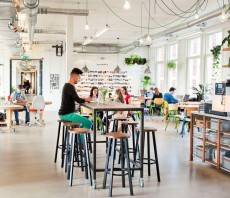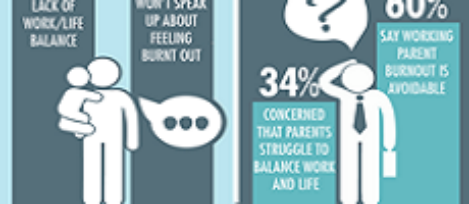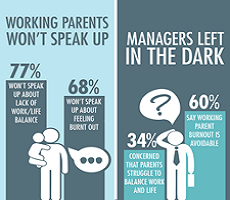November 23, 2015
The benefits of peeling back the layers of the workplace onion 0
 The onion metaphor is normally used to describe the layers which must be peeled away to get to the all-important “core” of a problem or issue. The biggest question that is normally asked with respect to choosing office space based on the promise of improved productivity, is quantifying the value of the various initiatives that might be contemplated or proposed. I can’t help but think of how complex that question is due to the many “layers” there are to work through to get to a final quantifiable answer. In its most simple form the question of productivity in the workplace, is confined to how staff utilise their time to undertake the tasks or duties that correspond to expected output. But of course it is not only their use of time, but the environmental influences associated their environment, both in the workplace, its surroundings (the actual building and the precinct in which it is located) and their method of travel to the office.
The onion metaphor is normally used to describe the layers which must be peeled away to get to the all-important “core” of a problem or issue. The biggest question that is normally asked with respect to choosing office space based on the promise of improved productivity, is quantifying the value of the various initiatives that might be contemplated or proposed. I can’t help but think of how complex that question is due to the many “layers” there are to work through to get to a final quantifiable answer. In its most simple form the question of productivity in the workplace, is confined to how staff utilise their time to undertake the tasks or duties that correspond to expected output. But of course it is not only their use of time, but the environmental influences associated their environment, both in the workplace, its surroundings (the actual building and the precinct in which it is located) and their method of travel to the office.





































November 25, 2015
This might be the reason why firms are failing to fully engage their employees 0
by Matias Rodsevich • Comment, Knowledge, Technology, Workplace
(more…)